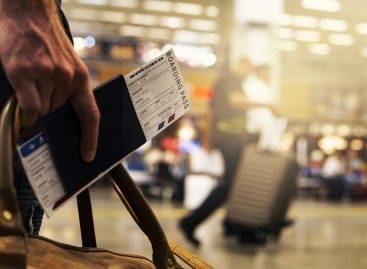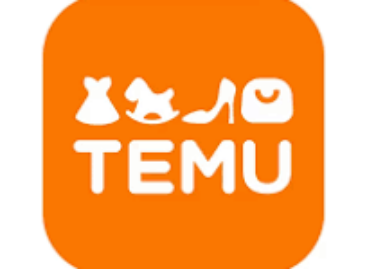The global hotel industry continued to expand in the first half of this year
Compared to the outstanding results of the previous year, the international hotel market was able to further increase its performance: in the first half of this year, the sales revenue per rentable room exceeded the previous year by 3.0 percent and the average daily room rate by 2.1 percent, while the average hotel occupancy rose from 68.9 percent to 69.4 percent, according to the latest industry analysis published by the consulting and auditing company Moore Hungary.
 Based on a representative sample of data published by four global hotel chains: Marriott, Hilton, InterContinental and Hyatt, the international consulting company analyzes the performance of nearly 25,000 hotels in 109 countries every quarter, providing valuable insight into the current processes of the international hotel market.
Based on a representative sample of data published by four global hotel chains: Marriott, Hilton, InterContinental and Hyatt, the international consulting company analyzes the performance of nearly 25,000 hotels in 109 countries every quarter, providing valuable insight into the current processes of the international hotel market.
Revenue per available room (RevPAR) for the first half of 2024 was $114.0, compared to $110.7 a year ago. The upper upscale category hotels, immediately following the luxury category, had a prominent role in the increase of the index, which experienced a serious demand for group bookings and events during this period.
The average daily room rate (ADR) increased to 163.9 dollars from 160.6 dollars a year earlier, this indicator was mainly ensured by the price increase of luxury hotels: here, in one year, the average price of a single room night increased from 295 to 310 dollars, which was never before represents a price level seen, while the pricing positions of the highest supply segment are still strong. In parallel with the average prices, the costs of hotels also increased significantly during the inflationary period of the past years. In hotels, this effect was mostly manifested in the increase in the wage bill, which proportionally affects five-star hotels the most due to the larger staff and intensive guest attention.
The average occupancy rate, which is now almost 70 percent, was the result of the domestic and international interest in prominent city and resort hotels. It is clear that the number of both individual and group business trips, as well as international events and conferences, is steadily increasing. All of this effectively supports the demand for hotels on weekdays, while the weekend concentration of leisure urban demand in a broader sense has also remained.
Related news
MBH Bank-CIG Pannónia: nearly half of passengers do not take out travel insurance
Nearly half of travelers do not take out travel or…
Read more >Budapest’s nightlife has reached a turning point: instead of mass tourism, a qualitative rethink is needed
The once vibrant nightlife of Budapest has now been spectacularly…
Read more >Hand luggage is expanding: Ryanair responded to the EU proposal
Ryanair passengers will soon be able to travel with a…
Read more >Related news
Temu has already targeted the European food market
The Chinese-rooted Temu is posing an increasingly serious threat to…
Read more >Irrigation water resources equivalent to one-third of Lake Balaton are available
Despite the extraordinary drought and lack of precipitation, we can…
Read more >Free irrigation water provided to farmers is a key element in the fight against drought
Free irrigation water provided to farmers is a key element…
Read more >






